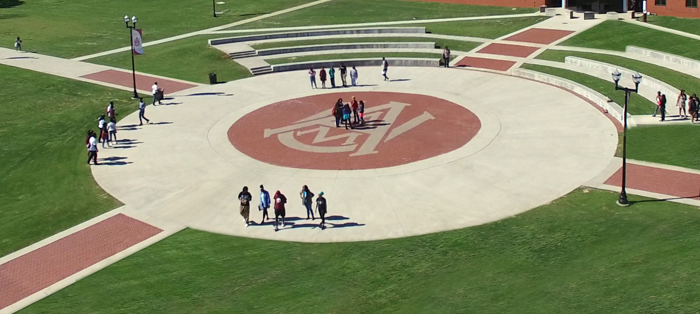Minority Serving-Cyberinfrastructure Consortium
The Minority Serving - Cyberinfrastructure Consortium (MS-CC) envisions a transformational partnership to promote advanced cyberinfrastructure (CI) capabilities on the campuses of Historically Black Colleges and Universities (HBCUs), Hispanic-Serving Institutions (HSIs), Tribal Colleges and Universities (TCUs), and other Minority Serving Institutions (MSIs).
The MS-CC focuses on building a trusted community among institutions to advance the following efforts:
- Community and Capacity Building
- Workforce Development
- Research Support and Acceleration
Visit the Minority Serving - Cyberinfrastructure Consortium (MS-CC) website to learn more
